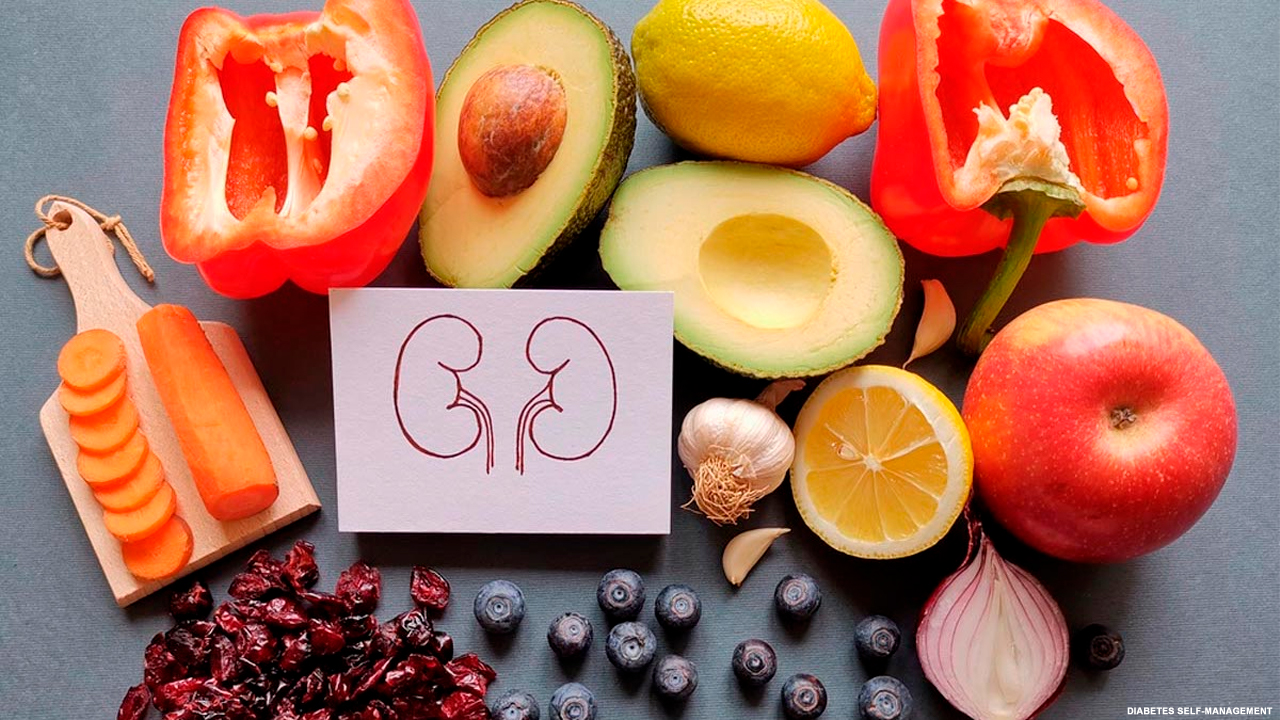Various lifestyle health conditions like diabetes and hypertension affect the overall functioning of the body. It tends to cause damage to the other body organs like kidneys, lungs, etc. This hampers the essential functional abilities of these body organs. The main function of kidneys is filtration. In this case, when the kidney fails to filter out the toxic substances, it starts accumulating in the body. Hence people with renal dysfunction should take better care of their consumption and maintain a healthy diet.
Nutrition for dialysis patients
If the patient is on dialysis, the doctor may recommend altering/limiting certain eating habits
Sodium – Less than 2000 gm of sodium per day
Potassium – Less than 2000 gm of potassium per day
Phosphorus – Less than 800 -1000 mg of phosphorus per day
If the body has an excess amount of sodium, the kidneys will find it hard to eliminate it. It will start accumulating in the bloodstream, which will eventually lead to hypertension and other health-related problems.
Standard diet for Hemodialysis
- Include high-protein foods in the diet
- Consume foods that contain low levels of sodium and potassium and high levels of phosphorus
- Fluid intake should be controlled. Otherwise, it may cause fluid retention due to kidney dysfunctioning. Fluids include water, tea, coffee and other beverages.
Between two sessions of dialysis, wastes and toxins can accumulate in the blood, subsequently leading to health issues. This toxins accumulation can be controlled by following a proper renal diet.
Foods for Renal patients
- Cauliflower is rich in many nutrients such as vitamins B. C and K
- Blueberries are full of nutrients and antioxidants and prevent many health conditions including diabetes.
- Egg whites are rich in high-quality protein
- Garlic is a great alternative to salt and adds a distinct flavor to any food.
- Onions are good taste enhancers, especially when it comes to the renal diet.
- Pineapple is low in potassium content and is very good for renal patients.
One should always discuss the diet plan with their doctors as to what food they can eat and which one can’t. The doctor will accordingly suggest the diet plan as per the condition of the patient and the stage of kidney disease.
(Disclaimer: The content on this site is for informational purposes only, and should not be taken as professional medical advice. Always seek the guidance of your doctor or other health professionals for any questions you may have regarding your health or a medical condition.)

 Just like diet plays a significant role in managing major health issues like diabetes, and hypertension, it also plays a key role in recovering from kidney issues. Let’s look at the standard diet plan for dialysis patients to get a speedy recovery.
Just like diet plays a significant role in managing major health issues like diabetes, and hypertension, it also plays a key role in recovering from kidney issues. Let’s look at the standard diet plan for dialysis patients to get a speedy recovery.










.jpeg)




.jpeg)

.jpg)













